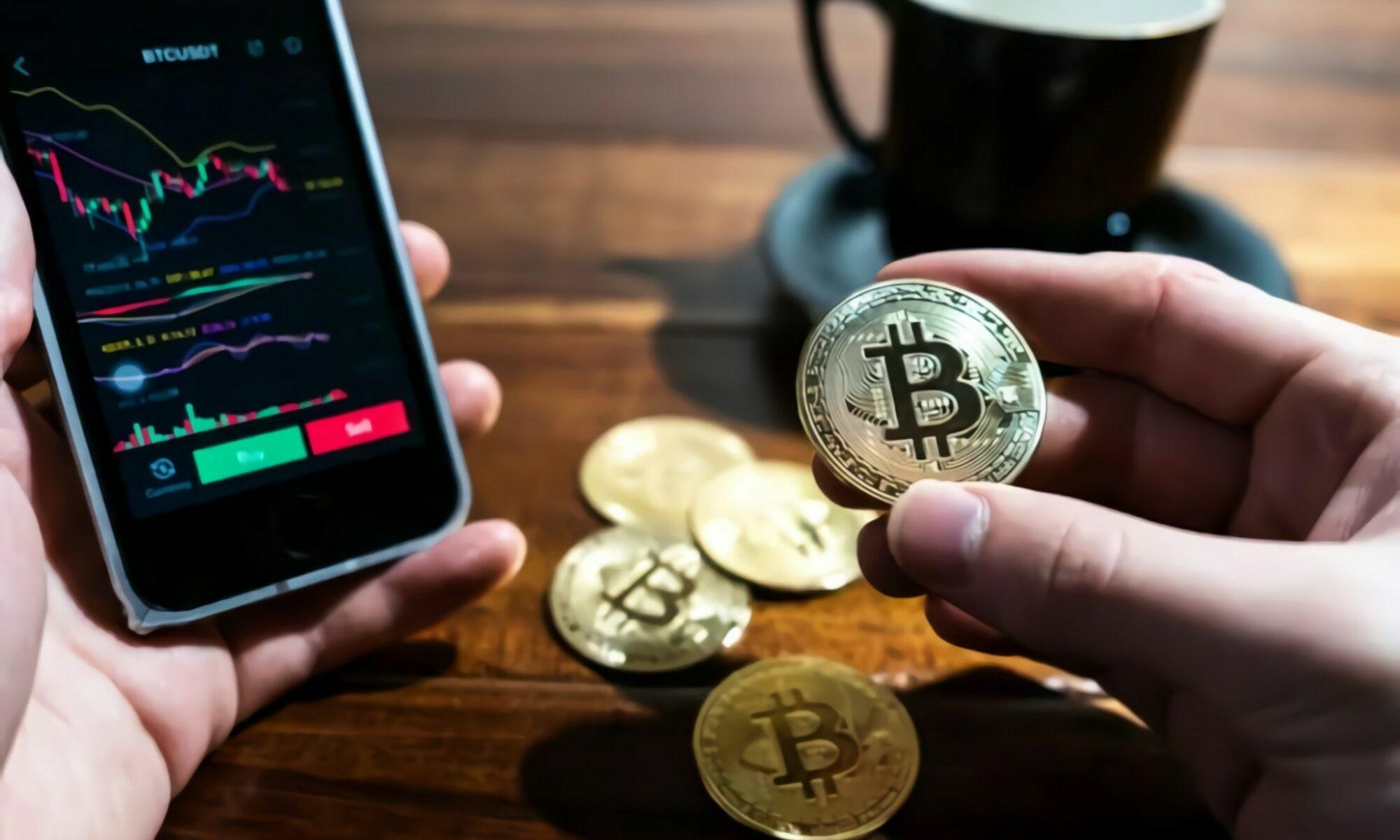Bafflingly, the nebulous world of cryptocurrency remains a Pandora’s box, provoking a rich tapestry of fascination and apprehension, while drawing in investors, global policy wonks, and economists into its mysterious vortex. It’s a late-2000s brainchild whose universal embrace is more a thing of the recent past. Let’s delve into the labyrinth, unraveling the profound impact of this digitized phantom on the world’s economic pulse.
Cryptocurrency, that enigmatic digital manifestation secured by the invisible shield of cryptography, acts beyond the chains of central banking. It’s a freewheeling, unchained beast, thriving on a distributed ledger known as blockchain, logging every transaction meticulously.
A timeline trail takes us back to 2009, when the genesis of Bitcoin – the original cryptocurrency – occurred. The elusive creator, an entity christened Satoshi Nakamoto, sprang this innovation into existence. An avalanche of cryptocurrencies ensued, with Ethereum, Ripple, Litecoin, and others joining the fray.
The role that cryptocurrency plays in the global economic orchestra is twofold. There are harmonious notes and dissonant chords, each affecting the symphony in their unique ways. Decentralization acts as the mellifluous melody, with the system steering clear of manipulative clutches of central banks and governments. Then, there’s the robust fortification provided by encryption, keeping transactions tamper-resistant and ensuring the security of funds. The final positive note is the accessibility it affords, shattering traditional banking barriers and enabling round-the-clock transactions.
Yet, there is discord too. The wild volatility, akin to a tempestuous storm, wreaks havoc on cryptocurrency’s reliability as an exchange medium. The dearth of regulation creates a breeding ground for scams and fraudulent activities, making it a double-edged sword. Moreover, limited acceptance of cryptocurrencies impedes their utility in quotidian transactions.
Banks, the stalwarts of the financial system, find themselves in cryptocurrency’s crosshairs, facing a disruptive wind of change. This turbulence has driven some to adopt the pioneering blockchain technology, seeking evolution amidst upheaval. Furthermore, Decentralized Finance or DeFi, a phoenix arising from the blockchain ashes, brings a democratic revolution to the financial realm.
The global trade ecosystem is also under cryptocurrency’s spell. It promises a streamlined pathway for cross-border transactions, bidding adieu to intermediary bodies like banks. This cuts both transaction costs and time, offering efficiency to businesses and individuals alike. The role cryptocurrency plays in peer-to-peer transactions isn’t unlike that of an unexpected hero – bringing about seamless transactions that do not require a middleman. It’s a true game-changer, especially for those who have been previously marginalized by traditional banking systems.
As we gaze into the future of cryptocurrency within the grand cosmos of global economics, it seems clear that its fate is closely intertwined with the evolution of its underpinning technology – blockchain. We anticipate advancements in scalability, interoperability, and privacy, acting as paving stones on the path towards wider adoption.
Cryptocurrency, in all its encrypted glory, has etched its influence deeply into the canvas of the global economy. It stands tall as a lighthouse of opportunity, thanks to its distinctive features – decentralization, unparalleled security, and widespread accessibility. It’s a beacon that continues to shine brightly, illuminating the world’s financial landscape. However, the tumultuous tides of volatility and regulatory uncertainties continue to cast a shadow. The blossoming of DeFi and advancements in blockchain technology herald a new era in the crypto-economy, with widespread adoption and integration becoming an increasingly plausible future.
Inquiring minds often grapple with questions. Is it even legal to deal in cryptocurrencies? Can I gamble on it as an investment? What on earth is this blockchain technology? Is it possible to procure goods and services with cryptocurrencies? What exactly is this DeFi? Well, my dear reader, the answers are manifold and depend on an array of factors, including geographical location, risk tolerance, awareness, and acceptance level among businesses. In a nutshell, it’s a brave new world that calls for an informed and calculated approach.

